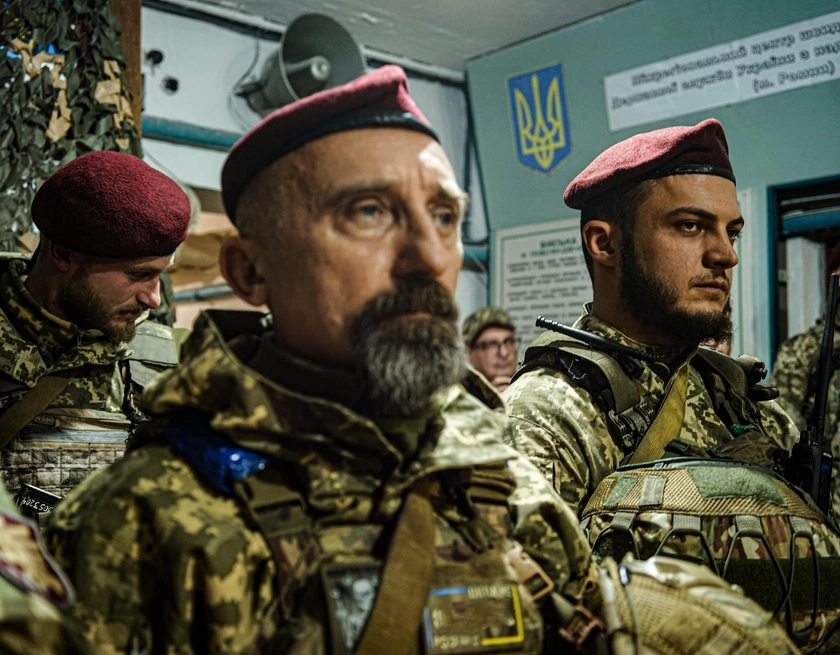Arseniy Yatsenyuk’s Open Ukraine Foundation organized the 16th annual Kyiv Security Forum (KSF2024)entitled “Ukraine’s Call to the World: Together, We Prevail.” It was held on March 21-22 in the Fairmont Grand Hotel in the historical Podilsky area of Kyiv.
Russia’s attack, launching cruise missiles at Kyiv from Tu-22M3 and Tu-95MS strategic bombers, brought the war home to many of the event’s foreign guests, who were making their first visit to Ukraine since the full-scale Russian invasion. Emerging from the hotel’s bomb shelter after spending several hours there helped focused their minds on the realities Ukrainians regularly faced.
JOIN US ON TELEGRAM
Follow our coverage of the war on the @Kyivpost_official.
Admiral Rob Bauer Chair of NATO’s Military Committee said that leading the first NATO military delegation to Ukraine since February 2022 gave testament to the relationship between the Alliance and Ukraine was closer than ever.
His comment that “The Swedish flag won't be the sole representation of blue and yellow within NATO,” was met with applause all around the hall. “Every day, we are getting closer, more compatible. Together, we are doing everything to ensure that Ukraine becomes a member of our Alliance,” he said.
In his address he underlined the need to provide Ukraine with the weapons it needs as quickly as possible to counter Russian advances particularly in the area of artillery ammunition for which private enterprise could help.

France to Host European Army Chiefs Tuesday on Ukraine Support: Source
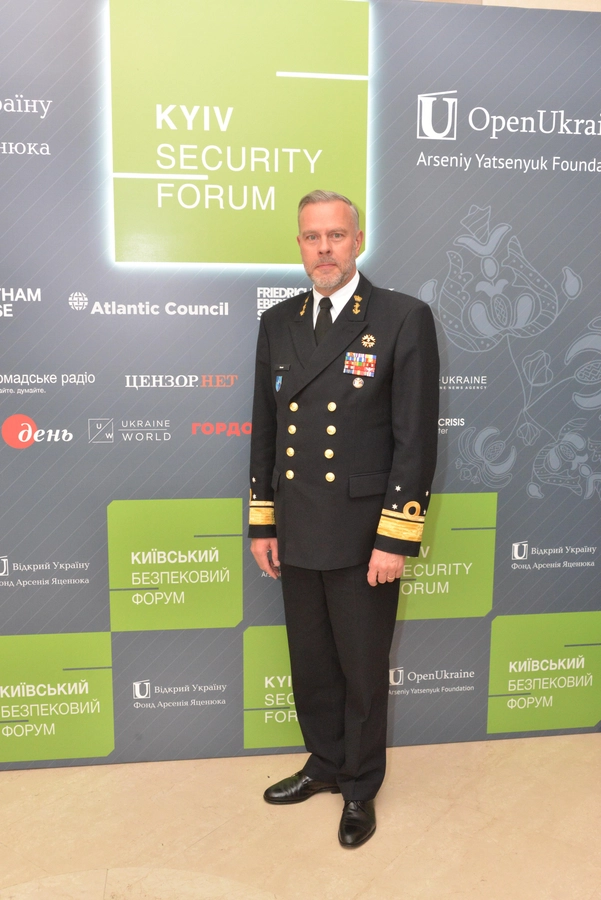
“We all witnessed today’s shelling of Kyiv and Odesa. At such times, I am always very emotional. We pay much too high a price. It is very difficult to explain to the whole world that we are being shelled and bombed solely because we are not a full-fledged NATO member,” Olena Kondratiuk, Deputy Chairwoman of Ukraine’s parliament told the discussion panel: “Historic choice: Ukraine’s accession to the EU and NATO”.
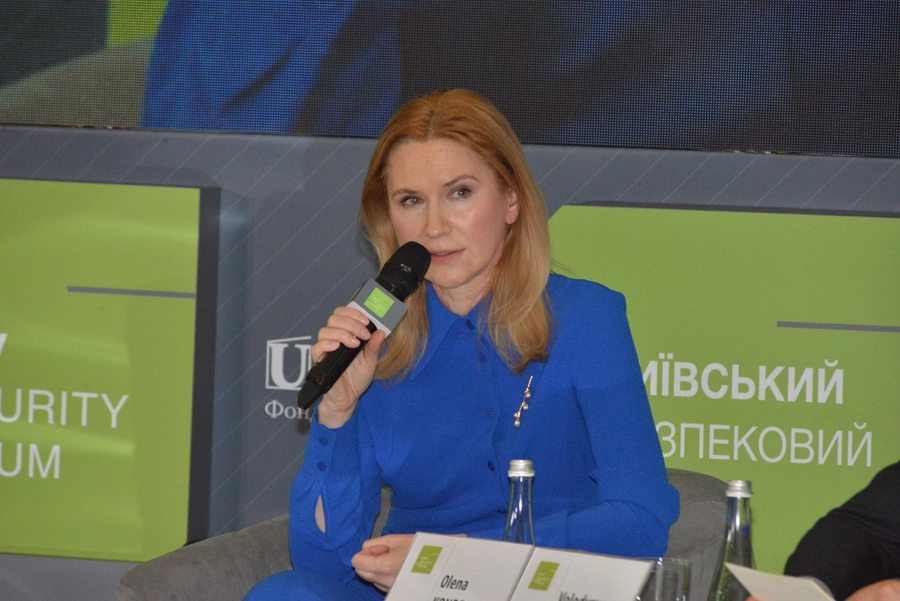
She said that Ukraine must show the same level of determination that Poland did to become an EU member.
Sławomir Sierakowski, editor-in-chief of the Polish Krytyka Polityczna magazine said the Polish-Ukrainian border crisis will be resolved immediately after the local elections. “Two elections wait for us ahead, and the option is either lose elections or keep having problems at the border. I am certain that as soon as domestic issues in Poland are resolved, the next thing the government does will be to open borders and make its utmost to assist Ukraine, both politically and militarily.”
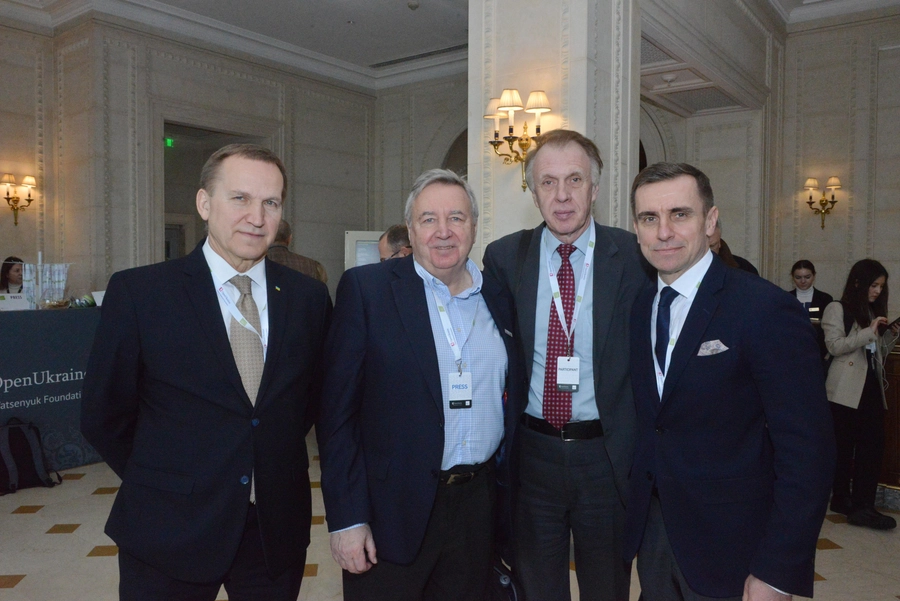
Volodymyr Groysman, a former Speaker of the Ukrainian Parliament, said that Putin must be defeated in Ukraine, and that he can only be stopped by force. He said that Moscow’s “ultimatum” prior to a full-scale invasion that NATO must withdraw to the 1997 borders should be seen as a direct threat against Poland, Czechia, the Slovak Republic, Romania, Bulgaria, and all the Baltic countries. “It would be simply idealistic” to think “such a mad dictator” would stop with Ukraine alone, Groysman said.
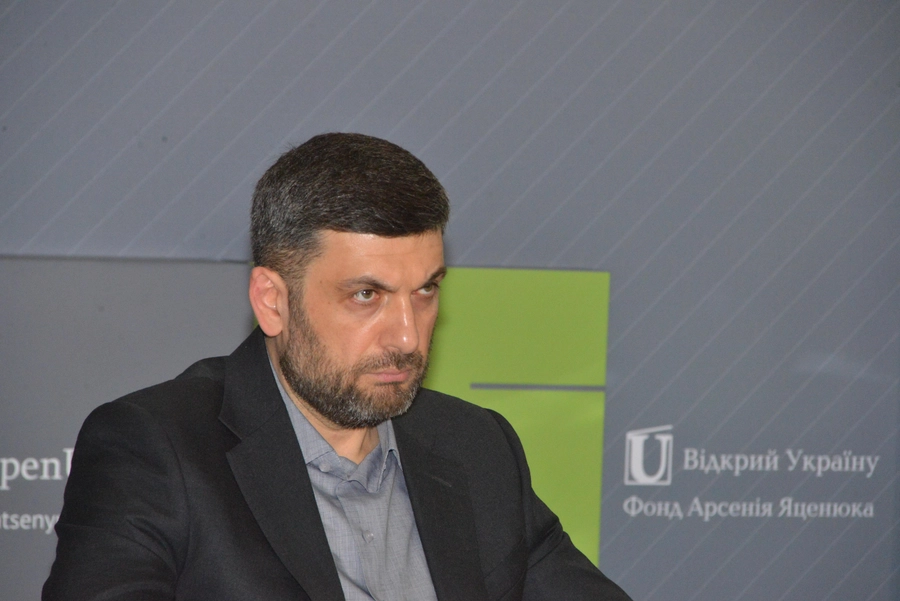
In response to a controversial Financial Times claim that the US had asked Ukraine to stop targeting Moscow’s oil refineries, General Ben Hodges, a former commander of US forces in Europe said such action had a major impact on Russia’s ability to wage war. “Undoubtedly, striking oil refineries has an impressive effect. Russia’s possibility to fund this war diminishes, moreover, it has much less of the needed fuel needed to continue combat operations. I’d recommend ignoring such calls to stop such strikes,” Hodges said.
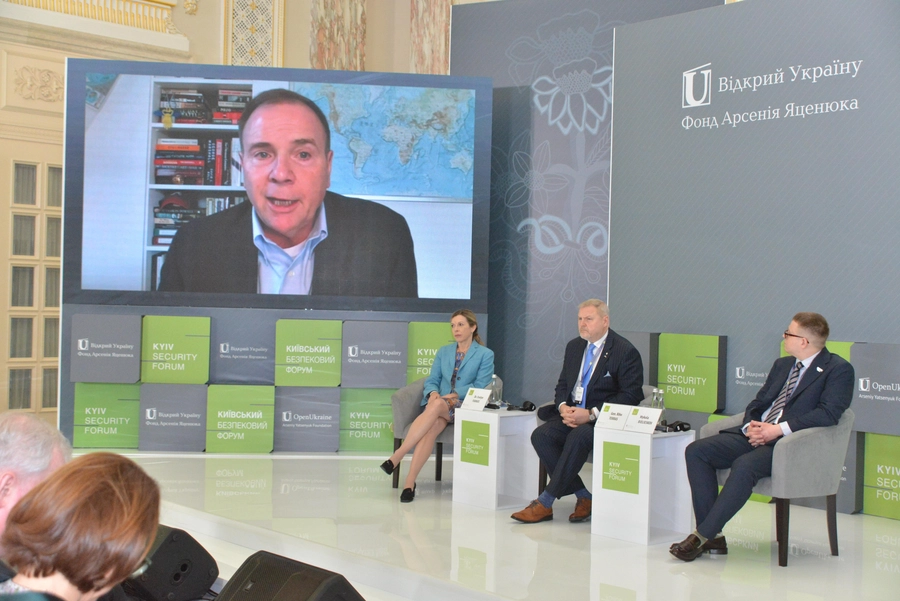
Ukraine’s Deputy Prime Minister for European and Euro-Atlantic Integration of Ukraine, Olha Stevanishyna, said that Russia’s refineries are legitimate military objectives and Kyiv will keep targeting them.
On another issue she said “We are waiting for weapons. There is no positive decision by the US Congress yet. For the fourth month we wait for the readily available packages of assistance.”
General David Howell Petraeus, a former CIA director said he was optimistic that the US aid situation would be resolved. “We hear certain positive comments from the House of Representatives Speaker. I am unaware of when the decision will ensue. Nevertheless, I hope that the correct decision is taken within a matter of a few weeks,” Petraeus said as he believed there was strong bi-partisan support for Ukraine in both the Senate and in Congress.
Oleksiy Danilov, Secretary of Ukraine’s National Security and Defense Council (NSDC) shared Petraeus’ view and said that Moscow had been rewriting history for centuries and the evidence could be found in the libraries of Stanford and Oxford, and the West should no longer accept narratives that are based on such false research.
“Speaking about the future one should definitely remember the past. This is terribly important. Still, no one wants to re-visit the past. Indeed, some have thought that we as a nation did not exist. Russia was not alone in hatching such ideas,” Danilov said. “The US will make another mistake if they fail to understand that decolonization of Russia is to be carried out in the nearest future.”
On the economic front
Andrius Kubilius, a Lithuanian MEP and former Prime Minister said Ukraine needed €100 billion a year which should not be an issue for the US and the EU economies which are 25 times stronger than that of Russia, but one cannot feel this difference at the frontline.
“My question is: is there any proof of this advantage? What does this advantage mean at the frontline? Russia invested over €100 billion into its aggression against Ukraine. Ukraine has received only €80 billion, from combined Europe and US contributions. This amount may prevent [Ukraine’s] defeat, but is insufficient to win,” he said.
He said the free world must be prepared for the confrontation with Putin’s Russia to be long term. “We cannot go back to the notion of ‘business as usual’ with Russia. We have tried, and we have failed, and now we are dealing with the consequences of an aggressive, dangerous Russia, and we need to mean it,” Ambassador Daniel Fried, Honorary Atlantic Council member and former Assistant Secretary of State for European and Eurasian affairs said.
He also said that sanctions against Moscow work, but they’re currently not working fast enough or decisively enough to save Ukraine. They have to be applied simultaneously with the military assistance which is a priority for now.
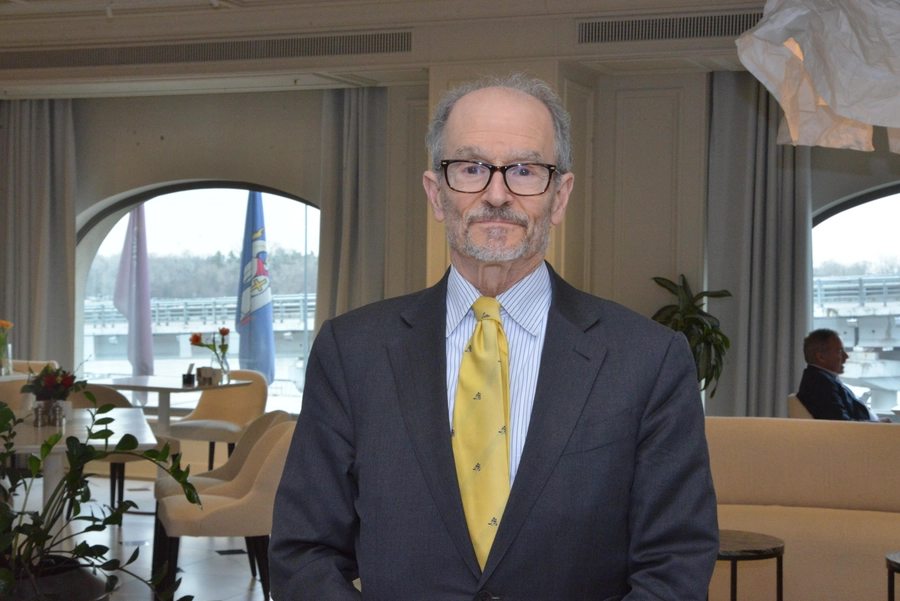
“Look at the sanctions against the Soviet Union. Nevertheless, it continued to produce military materiel. Their military industry was effective, it was doing ok, but their civilian economy was rotting. Back in the 1980s it looked like sanctions policy had completely failed. In retrospect, it looks like a success. That’s not going to be able to help Ukraine right now,” he said.
Another top US official, Philip Zelikow, a Senior Fellow at Stanford University’s Hoover Institution, and former Counselor in the US Department of State said the outcome of the war in Ukraine will have a decisive knock-on effect on the course of world history.
“The US is currently preparing for a world-wide war in three different theaters: in East Asia either with China or North Korea, or both, at any time. And we have prepared right now for a possibility of a major war with Russia. We must prepare for all these wars simultaneously,” Zelikow said, adding that the war in Ukraine must be the top priority of the US foreign policy.
Today Ukraine has become the center of the world struggle which is a serious challenge and great opportunity for this generation of Ukrainians to be at the center of crucial events in world history that will be remembered for thousand years, Zelikow said, a view shared by most participants.
You can also highlight the text and press Ctrl + Enter



